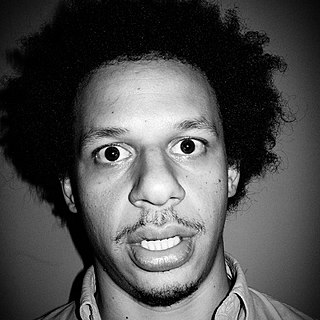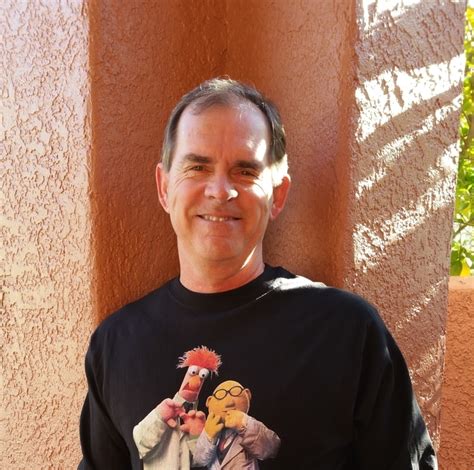A Quote by Reggie Watts
Essentially a joke is creating an idea, whether sonic or visual, whether it's something musical or a traditional joke.
Quote Topics
Related Quotes
For me, it's a purity thing about the joke itself. It's a test of a joke whether or not you do it completely clean and it works. If it does, then that's a legitimate item you have there. For me, it's nothing to do with finding those words offensive. It's just not what I'm in search of. Do it clean, and you are really earning that laugh.
I keep on repeating something told to me by an American psychologist: "When you are making a joke about someone and you are the only one to laugh, it is not a joke. It is a joke only for yourself." If people are making a joke they have the right to laugh at me but I will ignore them. Ignoring doesn't mean that you don't understand. You understand it so much that you don't want to react.
I had an awful joke about Auschwitz I drove everybody crazy with that joke. But that joke makes me feel good. You know what "cuit" means? When something is cooked. It's a joke like that: "What are the birds doing when they fly over Auschwitz? 'Cuit! Cuit!'" It's awful, but it's desacralizing. For me, it's good.
Often, when you're in some of these writing rooms for... and the most restrictive is network television, right? They say, 'Wow, that's a great joke, but we can't do that. Okay, let's try the second joke. Oh, you can't do that one. But the third joke you can do,' and hopefully it will be great, but it will remind people of what the joke really was.

































